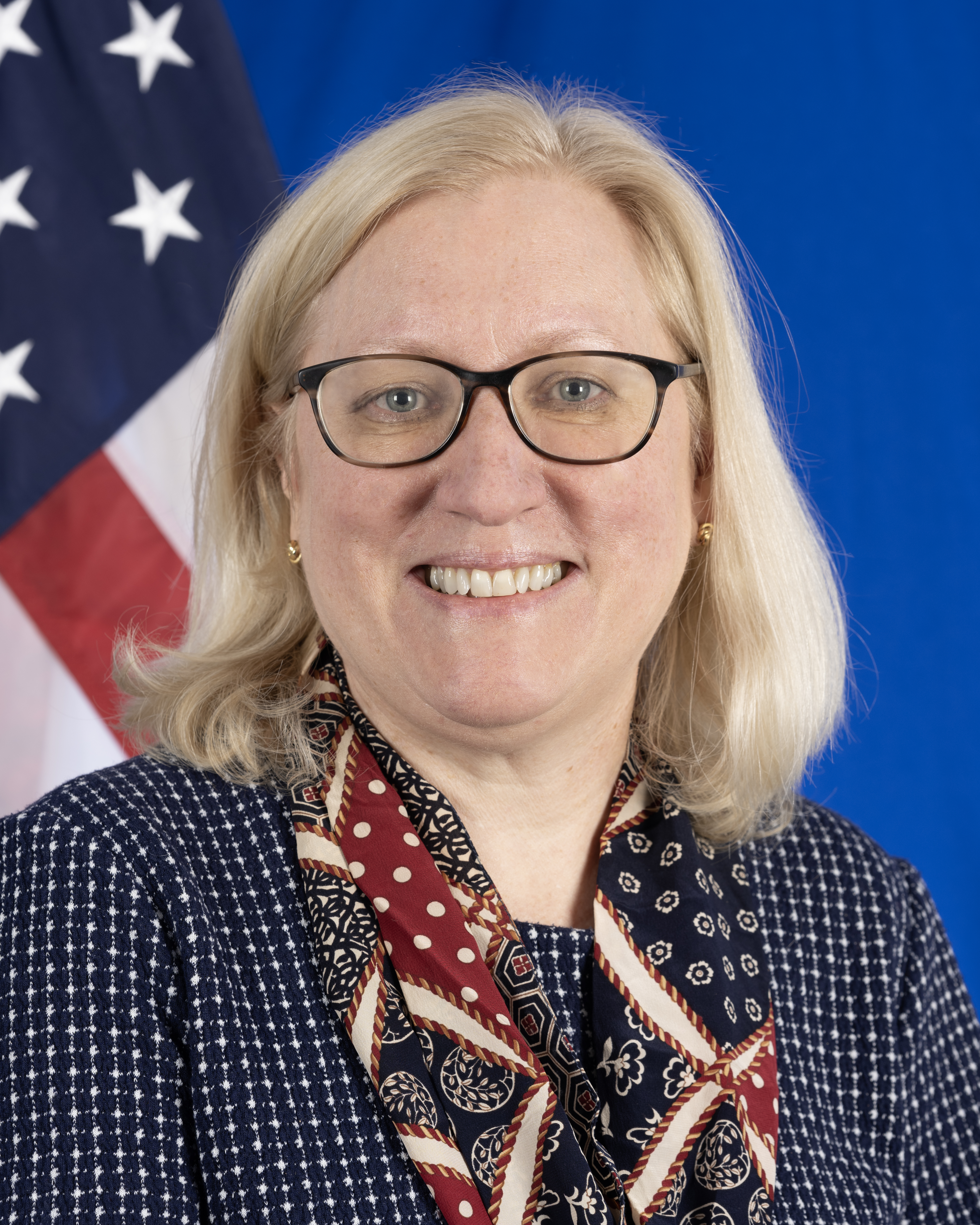Contributing to Marine Conservation, Making a Difference
Posted on Tuesday, January 3rd, 2017 at 9:00 pm.By Alba Garcia Rodriguez, J-1 Intern from Spain
A version of this story was originally published on the InterExchange Blog.

Alba taking conch measurements in the Caribbean.
Alba Garcia Rodriguez previously interned at the Ocean Conservancy and is now pursuing a graduate degree in marine management. She hopes to attend the 69th Gulf and Caribbean Fisheries Institute Conference in the Cayman Islands to present her important work and is raising money to do so.
You recently finished an internship with the Ocean Conservancy in Washington D.C. How did that internship prepare you for where you are now in your education and career?
I consider working at Ocean Conservancy as the inflection point in my career. That opportunity allowed me to really improve my English skills, and also to see how the marine conservation world works. It was at the end of the internship that I was highly encouraged to pursue my career, which made me enter a Master’s Program at Dalhousie University in Canada. During that internship, I learned so much. It was an opportunity that made me grow both professionally and also personally. Without the internship that I conducted at Ocean Conservancy, I have no doubt my life would be very different right now.

Alba measures the lip thickness of a juvenile queen conch in Union Island, St. Vincent and the Grenadines.
Is there a particular skill that you developed during your J-1 internship that has been particularly helpful to your career?
Definitely. The capacity to communicate in another language fluently (English in this case), has been crucial for my career. At the end of my internship through Interexchange, I was able to take the TOEFL exam and obtain a high grade. That exam allowed me to enter in Dalhousie University and continue pursuing my career.
Tell us about the queen conch monitoring project of which you were a part?
Queen conch is one of the most important fisheries in the Caribbean Sea. The species is very important both culturally and economically for the people who inhabit the Caribbean. Because of that, it is essential to ensure that queen conch populations are in a healthy state. The only way to ensure that is through monitoring activities of the fishery, the management measures, or the stocks. My research focused on the monitoring of the stocks. I learned a lot during my project in the Caribbean. People might be surprised to know that in places such as the Caribbean, it is often very difficult to enforce regulations that promote conservation. This is not because of lack of interest in these measures, but due to a lack of capacity and resources in the area.

Alba presents her research at the 2016 Sustainable Oceans Conference in Halifax, Canada.
What are your plans after finishing your Master in Marine Management degree?
I would like to continue contributing to marine conservation and make a difference. There is a lot to do to protect our oceans and to ensure that we use marine resources in a sustainable way. I am particularly interested in the Caribbean environment, but I would also like to have the opportunity to work from Europe and be closer to my family.
What do you hope to achieve by presenting at the 69th Gulf and Caribbean Fisheries Institute Conference?
Many experts in the conservation field will attend this event. Presenting my work regarding queen conch abundance and management will give me the opportunity to express my concern for this species. In addition, it will allow me to receive feedback from them, so I can create better recommendations for the management of this species. I think it will be very important to raise awareness about the status of this species in my area of research among the scientific community and practitioners of the area. Finally, I aim to learn as much as I can from other experts’ topics, to become a better future marine manager.
Categories: Program Spotlight
| About Rebecca Pasini Deputy Assistant Secretary for Private Sector Exchange | |

|
Rebecca A. Pasini joined the Bureau of Educational and Cultural Affairs as the Deputy Assistant Secretary for Private Sector Exchanges in July 2023. A career member of the Senior Foreign Service, Class of Minister - Counselor, Ms. Pasini has been an American diplomat since 1997.
Ms. Pasini previously served as the Director of Public and Congressional Affairs in the Bureau of Consular Affairs from 2021-2023. Other Washington assignments have included positions in the Bureau of Consular Affairs, the Bureau of Western Hemisphere Affairs, the Office of Foreign Missions, and as a liaison to the Department of Homeland Security. She has also completed multiple overseas tours, including as Minister Counselor for Consular Affairs in Islamabad, Pakistan, and as the Consular Chief in Rio de Janeiro, Brazil and Belfast, Northern Ireland. Other tours included Mexico City and Kuwait.
A Maryland native, Ms. Pasini has a Ph.D. in Political Science from Indiana University, a master’s degree in National Security and Resource Strategy from the Eisenhower School, National Defense University, and an undergraduate degree from Mary Washington College.
Categories
Flickr
 View more photos |


